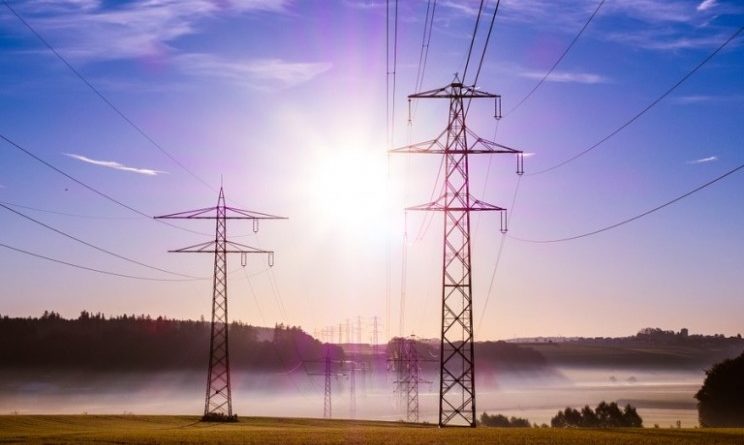
All energy conversion strategies want to manufacture electricity having some environmental impact.
The impact could have a full of life impact just like the emission of mobile pollutants, or could have a passive impact like aesthetics or home ground modification.
Even strategies thought-about environmentally friendly, like wind, solar, and hydro, have some impact on the environment.
Not only does the final production of electricity have an environmental impact but the transmission of electricity with concerns over electromagnetic fields, aesthetics, and land use, also impacts the environment.
The whole cycle of electricity generation should be thought-about once observing the environmental impact.
This includes the assembly and transportation of fuel for the conversion method.
This is very true of fuel and atomic power plants, which use large quantities of fuel taken from the earth.
Energy system environmental impact consists of fuel recovery and production, fuel transportation, electricity transmission, and spent fuel emissions.
Fossil fuel power plants usually have the foremost widespread impact on the surroundings, as the combustion process produces airborne pollutants that spread over a wide area.
Nuclear power plants have the foremost probably dangerous impact.
An operational accident at a nuclear station may permit an outsized unharness of hot particles to occur.
Solar, hydro, and wind generation plants usually have smaller effects on the surroundings.
Nonetheless, these renewable sources of energy provide substantial benefits for our climate, our health and our economy. Each source of renewable energy has unique benefits and costs like little to no global warming emissions, improved public health and environmental quality and a vast and inexhaustible energy supply etc.
ENVIRONMENTAL IMPACTS OF HYDROELECTRIC POWER
Hydroelectric power includes each huge electricity dams and little run-of-the-river plants.
Large-scale hydroelectric dams continue to be built in many parts of the world leaving a lasting impact on the world.
The amount of water usage is commonly of nice concern for electricity generating systems as populations increase and droughts become a priority.
Still, hydroelectric power is the most energy efficient power generator.
Currently, hydropower is capable of changing ninetieth of the offered energy into electricity.
This can be compared to the foremost economical fuel plants, that square measure solely hr economical.
LAND USE
The size of the reservoir created by a electricity project will vary wide, depending largely on the size of the hydroelectric generators and the topography of the land.
Hydroelectric plants in flat areas tend to require much more land than those in hilly areas or canyons where deeper reservoirs can hold more volume of water in a smaller space.
Flooding land for a electricity reservoir has AN extreme environmental impact: it destroys forest, wildlife habitat, agricultural land, and scenic lands.
In several instances, such as the Three Gorges Dam in China, entire communities have also had to be relocated to make way for reservoirs.
Dammed reservoirs are used for multiple purposes, such as agricultural irrigation, flood control, and recreation, however hydroelectric facilities can still have a major impact on aquatic ecosystems.
For example, tho’ there square measure a spread of strategies to attenuate the impact (including fish ladders and in-take screens), fish and different organisms is blistered and killed by
turbine blades.
WILDLIFE IMPACTS
Yet, before a project can be developed, it must go through a rigorous process of screening that examines the impact the project would have on the environment and the local communities. Water flow, water quality, water shed management, fish passage, habitat protection as well as the welfare and lifestyle of the local communities are taken into consideration.
Although hydroelectric power can prove to be a challenge to the environment, it yet has a distinct advantage over fossil fueled generator plants: it is clean, green and renewable and has very low operating costs. It is renewable because it draws its essential energy from the sun that drives the hydrological cycle, which in turn provides a continuous renewable supply of water. Hydropower does not contribute to local air pollution.












